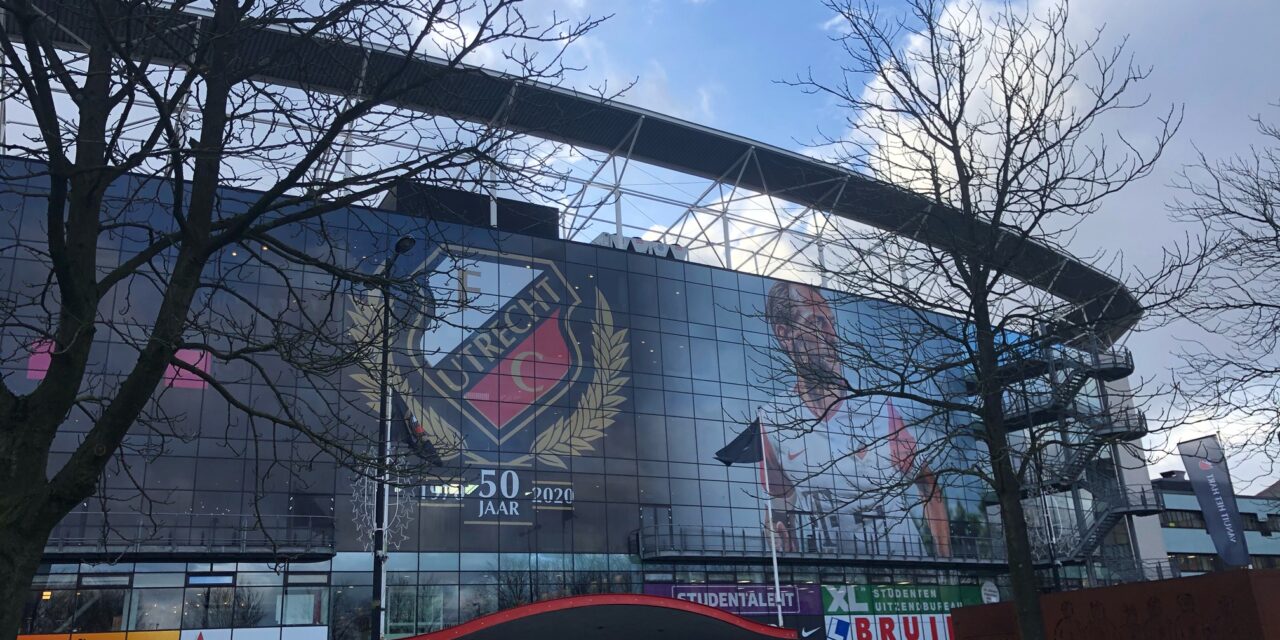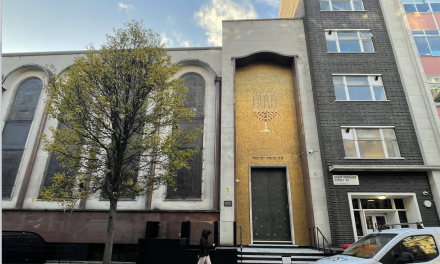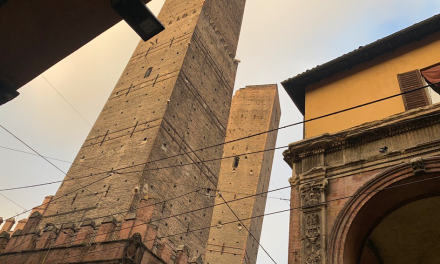Dutch and Belgian football are on the cusp of a completely new set-up. Both leagues are far in the shadow of the ‘Big 5’ competitions in Europe. On the UEFA’s coefficient list, Dutch football is in eighth place and Belgian football in ninth place. With the developments of the BeNeLiga we are approaching a new league, which should lead to an increasement on the UEFA ranking.
What is clear is that the Dutch clubs are less eager for the arrival of the BeNeLiga than the Belgians. The Eredivisie, like the Pro League, calls for a new competition in which the quality and competition between the teams are better and stronger. That is why the developments of the BeNeLiga are on the rise, after seventy years people are interested in a cross-border competition. However, there are some relevant issues that appear to be a stand-in for the Dutch.
Head of football of the Dutch news outlet NOS Arno Vermeulen looks neutrally at the arrival of a BeNeLiga. “I still see a lot of obstacles, but I think it would be nice to be in Brussels or Antwerp for a top game with some regularity in the last period of my career.”
If a BeNeLiga eventually comes, it won’t be until 2025. This has to do with the contract of television rights that the Eredivisie has concluded with ESPN, formerly FOX-sports. Until then, there is room to find solutions for the current obstacles. But that’s easier said than done. Two sticking points are the distribution of European tickets and the sporting and financial progress of all Dutch clubs.
First of all, the European tickets which are the most important for the Dutch topclubs. With the eighth position in the UEFA ranking, there are five tickets to be won that entitle them to European football, just as in Belgium. The top clubs (in the Netherlands Ajax, Feyenoord, PSV, AZ, FC Utrecht and Vitesse) argue for the retention of their own tickets. That would mean that the BeNeLiga has a total of ten tickets for football in Europe, in a league with eighteen teams. “It is totally unlikely that the UEFA will award ten tickets,” says Vermeulen. “The UEFA will probably give seven tickets, which makes a lot more sense. You just have to remember that you play in a joint league, but also not quite.”
And this is why: The European tickets will likely be split among the best Dutch and Belgian teams. With seven tickets, the ten Dutch clubs will be entitled to four tickets, and then there are three tickets left for the eight Belgian teams. This is likely to be introduced in order to keep the competition fair, but the Dutch clubs rather keep their five tickets. With a distribution of the seven available tickets among the clubs from both countries, there is already an argument to not participate in the BeNeLiga says Vermeulen. “We now have five tickets, with a BeNeLiga you hand in one. Then you’re already talking about an amount of €10 million to €15 million. Clubs as Vitesse, Feyenoord, AZ and FC Utrecht will not agree. In the case of Belgium, they even hand in two tickets.”
The distribution of European tickets plays a role in the top of the Eredivisie, but there are also eight Dutch teams who will ‘relegate’ when there is a BeNeLiga. They will continue to play in the Eredivisie, but this competition will be a level lower than the BeNeLiga. On the one hand you can say that the competition will be closer together because of the lack of the top clubs, but the lack of the top clubs is the reason that lower placed clubs are critical about a BeNeLiga. Financially, the laggards will probably go backwards. “In the Netherlands we work a lot with season tickets and that is where the pinch is right. Why buy a season ticket from your club when you know the top clubs don’t come along, then you better buy a separate ticket,” Arno says. “The revenues from television rights are much lower in the Netherlands, the top gets the money particular from European football and the smaller clubs especially from season tickets and top matches. That will be eliminated if you no longer receive Ajax in your own stadium.”
On the question whether season ticket holders will not stay when their club has a better chance of becoming champions in the national competition, Vermeulen is firm. “In that respect, it’s an upgrade, but do you think the NOS news would start with the news that Heracles is champion of the new Eredivisie? The denouement becomes more exciting, but that is incomparable to that of the BeNeLiga. That today’s middle clubs will soon be champions, that’s a nice improvement. But I’m concerned about how many season tickets those clubs still sell. That is the financial interest for them.”
Compensating is also a word that is often used in the discussion. “The Eredivisie teams want to see compensation from the BeNeLiga, but there are the clubs that want to keep their revenue because they play at a higher level. Despite talks of a 35% increase in money extracted from television rights in the BeNeLiga, the money is also needed for those clubs. Especially if there is less revenue from European tickets. It’s been speculating so far, and no one guarantees that below the line.
The arrival of the BeNeLiga, where the problems are too complicated to find a suitable solution, seems to be miles away. A new establishment of the current Eredivisie is a must, but within the Eredivisie there has to be a 5/6 majority to reach a decision, which amounts to fifteen clubs. A few years ago the change agenda of the Eredivisie, in which they wanted to dispense with artificial grass, was rejected by the clubs with an artificial pitch. That the top clubs use the BeNeLiga as leverage is not so crazy in Vermeulen’s eyes. “The top clubs can say to the right row ‘it will be choose or share’. Either we reform the Eredivisie internally to sixteen teams or we talk seriously with the Belgians. The laggards then become ‘second-class citizens’ in the national competition. That first idea is easier to organize in the short term.”
For the time being, the Eredivisie has just eighteen clubs. In a large interview with the magazine Voetbal International, the general directors of Ajax, Feyenoord, PSV and AZ spoke about the BeNeLiga. Edwin van der Sar (Ajax) explains that Belgium is the big initiator. Toon Gerbrands (PSV) stands by this with the idea that the Belgians are much more enthusiastic. With the question mark over the distribution of European tickets and the financial and sporting progress of the remaining clubs, the BeNeLiga discussion within Dutch football is not over. Until then, the BeNeLiga ship floats further away from the Dutch coast.




